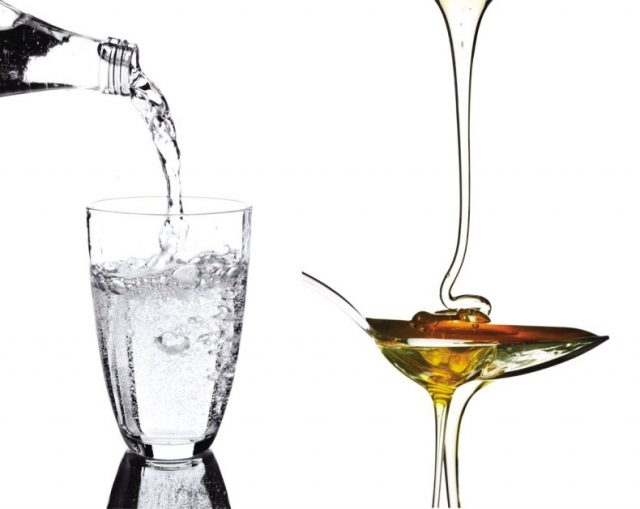Why Do I Need To Change My Oil?
Not a dumb question actually. Of course you need to change it at some time but I know what you mean – what are the deciding factors of the “why”? Because you always learn something. Let’s see what Dan has to say about this age old question.
Regardless of its quality, every motor oil eventually loses its potency and must be changed to ensure peak engine protection. Let’s take a look at what happens to motor oil over time and why you periodically need to change oil.
Losing the base
Base oils are the backbone of the finished lubricant that ends up in your engine. Over time, they lose effectiveness due to the following factors:
Oxidation
The interaction between oxygen molecules and motor oil molecules naturally leads to chemical breakdown.
Just as oxygen causes a cut apple to brown or exposed metal to rust, it breaks down base oils and reduces motor oil’s effectiveness.
Oxidation can lead to increased oil viscosity, which negatively affects energy efficiency. It also causes the formation of harmful deposits and sludge.
High heat
Today’s engines run hotter than ever before, with temperatures up to 235°F (113ºC), and even higher if towing or hauling.
The rate of oxidation for oil doubles for every 18°F (10°C) increase in temperature.
Moisture
Your vehicle is subjected to temperature swings, even when it is parked in the garage.
Those temperature swings cause condensation to form inside your engine, leading to water contamination.
Leaving a vehicle parked for extended periods or taking short trips that don’t allow the engine to fully warm up allow water to remain in the oil rather than evaporating and exiting through the tailpipe. Water can lead to formation of sludge…yet another reason why you must change oil.
 Viscosity is a motor oil’s most important property. The lower the viscosity, the faster the oils flows, like water. Thicker oils flow more slowly, like honey.
Viscosity is a motor oil’s most important property. The lower the viscosity, the faster the oils flows, like water. Thicker oils flow more slowly, like honey.Viscosity loss
A lubricant’s viscosity is its most important property.
Viscosity has a direct bearing on wear protection, and your engine is designed to operate best using a motor oil of a specific viscosity (e.g. 5W-30).
The intense pressure the oil bears as it’s squeezed between moving parts, like the piston ring/cylinder wall interface, can tear apart, or shear, its molecular structure, leading to viscosity loss.
Suddenly, the 5W-30 motor oil your engine was designed to use is now essentially a 5W-20 oil, and wear protection may be compromised. When this happens, it’s time to change your oil.
Fuel dilution
Fuel can wash past the piston rings and contaminate the motor oil, causing it to lose viscosity.
Frequent short trips that don’t allow the oil to reach normal operating temperature can be especially problematic because the fuel won’t volatilize and exit through the PCV system.
Excessive fuel dilution leads to sludge and varnish, requiring you to change oil more frequently.
Additives: designed to deplete. Additives are added to base oils to reduce destructive processes and enhance beneficial properties.
For example, antioxidant additives help slow the rate of oxidation. Detergency additives help prevent deposits and sludge while cleaning pre-existing deposits. Formulators add anti-wear additives to some lubricants to form a sacrificial barrier on metal components and help prevent wear.
Since they’re sacrificial in nature, additive depletion is one of the primary reasons motor oil loses its effectiveness and must be changed.
While AMSOIL synthetic motor oil gives you the convenience of fitting oil changes into your schedule, it remains vital to install fresh oil at the appropriate time.







